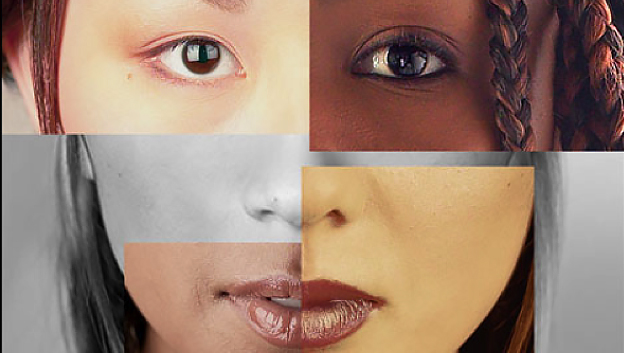One Book One Northwestern (OBON) is an annual community reading program sponsored by the Office of the President. Each year, a selection committee chooses a book that introduces a theme important to Northwestern’s campus and the surrounding community. All freshmen, and most upperclassmen, receive a free copy of the book and are encouraged to read and engage with the themes. Basically, this amounts to a year of really interesting and creative programming on important themes like world hunger, or this year, diversity and inclusion. The One Book for this year is Whistling Vivaldi, written by Claude M. Steele, and it explores stereotypes and identity through a social psychology lens. Diversity and inclusion have been extensively explored and discussed throughout Northwestern’s campus over the past year and the programming established by OBON this year has provided a chance for the NU and surrounding communities to partake in that conversation.
Each Fall, OBON puts on something called Dittmar Dinners. These are free dinners (yay free food) that feature a key speaker and allow for ample time afterwards for discussion regarding the topic. These are open to the public, and often have 35-40 attendees from both NU and Evanston. Last week, Badi Foster spoke about his amazing past in relationship stereotype threat and prejudice. Foster spent the first few years of his life in a neighborhood on the south side of Chicago before moving to Africa with his family. After attending college in the United States, Foster has had some incredible experiences and positions that led to an incredible talk. I facilitated the discussion that followed with a table of seven strangers. Five participants were Northwestern students, one a local librarian, and one a social studies teacher at the local high school. I had never facilitated a discussion on race or diversity, and I was incredibly nervous that I would say something inappropriate or uninformed. However, my fears quickly disappeared as the discussion danced from topic to topic and I learned more about the backgrounds of the people sitting around the table.
I started the conversation by asking everyone to share how they found out about the dinner; each person had come to the dinner from a different place and for a different reason. Learning why each individual was excited about the discussion and where their interest stemmed from was a great way to delve into the conversation and set up a safe space for discussion. This led my worries to fade and allowed each of us to verbalize why we were at the table and what we wanted to gain from the discussion. Continually asking questions and tying it back to the one thing we had in common, the book, proved to be great moderation tools.
Discussing issues like stereotype threat and prejudice can be difficult, but programming like the Dittmar Dinners provides a safe space to share your thoughts and learn from community members. Next week, we’ll choose the next One Book, and I have no doubt that next year’s Dittmar Dinners will provide the same great experience to a new group of people and spark important dialogue.
–Taylor Billings
